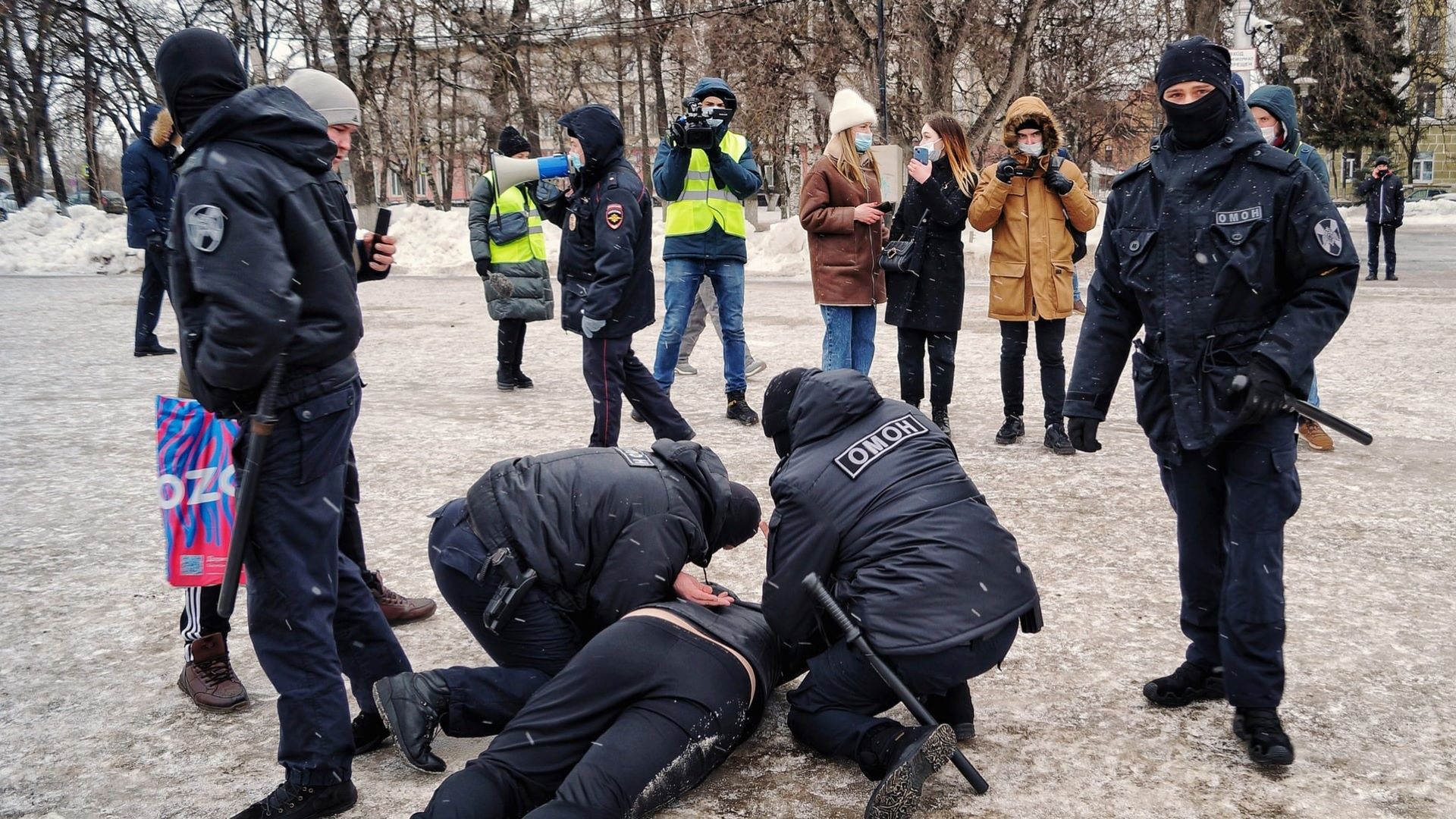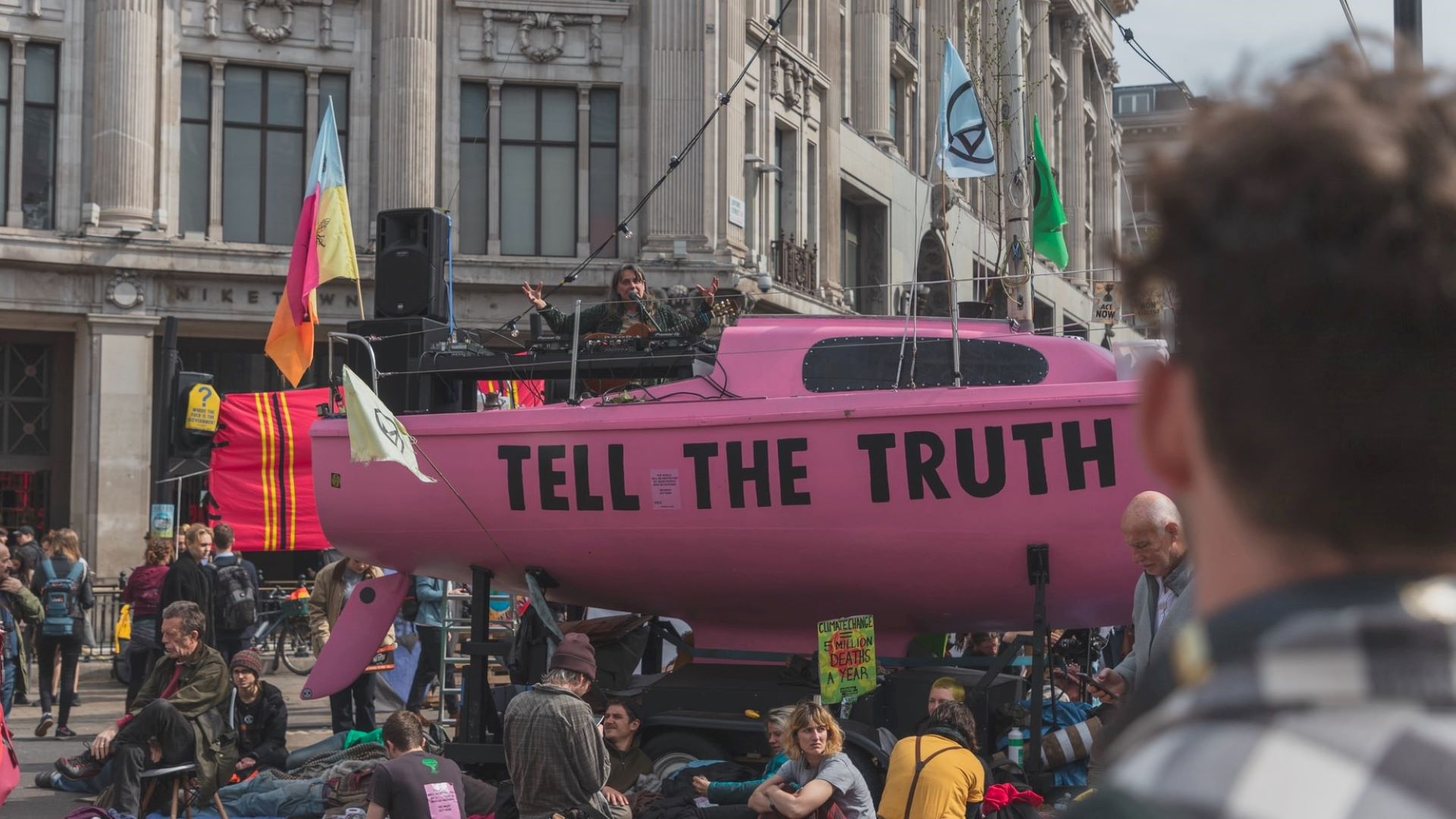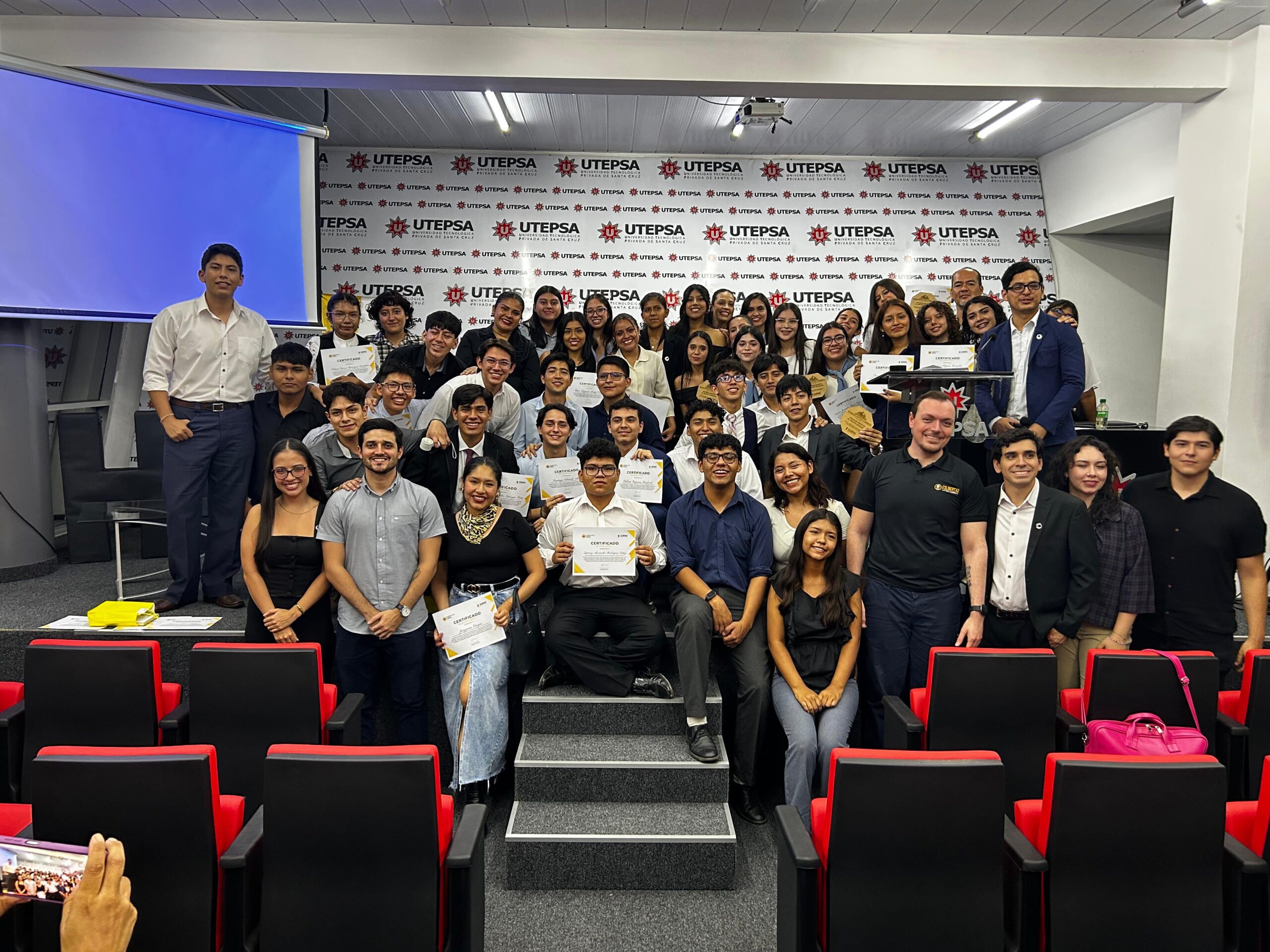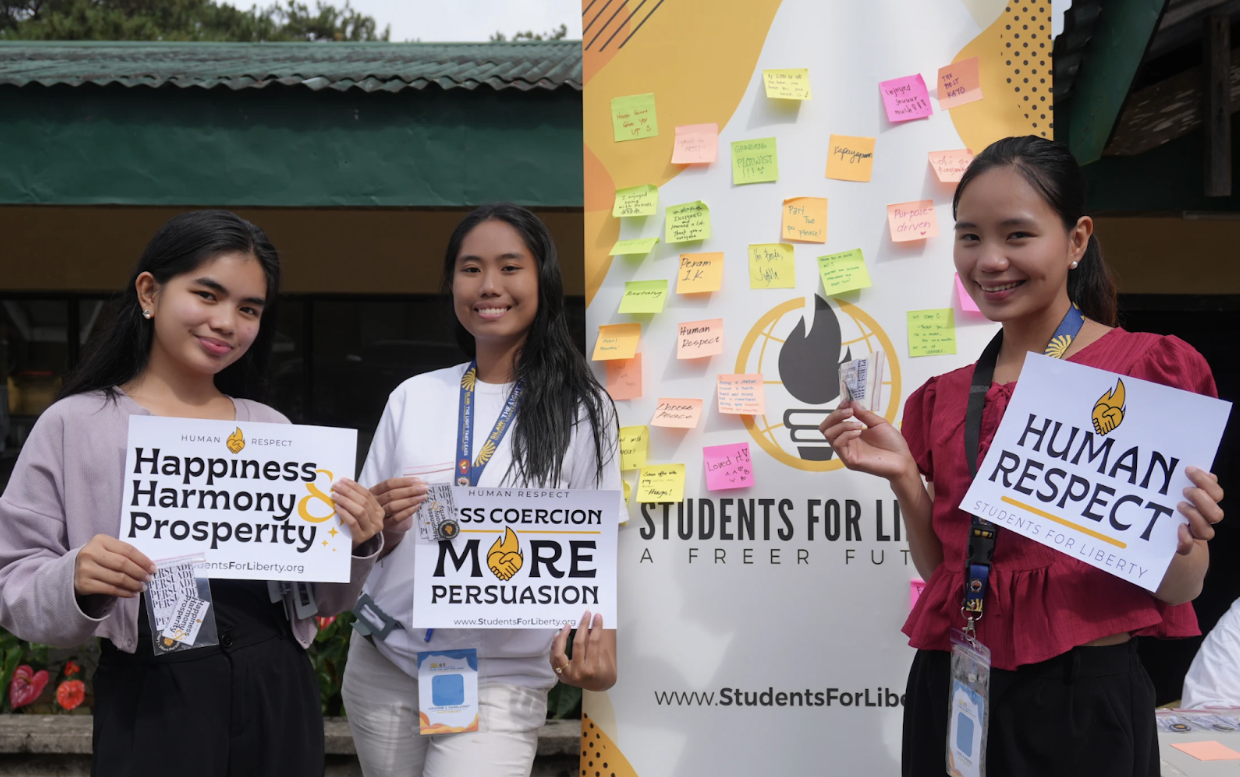We are living through an unprecedented reckoning with freedom of speech. The right to express one’s own opinions without restraint or censorship has become an increasingly contentious issue in recent years.
Societies have spent hundreds of years trying to figure out how far the right to free speech extends before it infringes on the rights of others. However, there are numerous long-standing limitations on freedom of speech that, for the most part, society at large seems to be comfortable with.
Existing limits on speech
As things stand, individuals cannot make false claims about products they are selling, deliberately incite violence, or distribute content depicting child sexual abuse without breaking the law and being subject to prosecution.
Furthermore, one cannot burst into a busy Sunday service screaming “God is dead,” attend a police union meeting proclaiming “All Cops Are Bastards,” or turn up at a wedding and insult the bride without being asked to leave, possibly being forced to, or even having the police called. We go about our daily lives broadly unaffected by the existence of these de facto safe spaces that involve some limitations on our right to free speech.
Despite all of this, the dreaded safe space seems to get a uniquely bad rap from supporters of free speech. Safe spaces seek to create an environment where people who feel vulnerable to the judgement or bigotry of the outside world can come together and share their ideas, thoughts, and struggles while uplifting each other in the process.
Safe spaces can be formed both online or in person, and they can exist in their own right, or be an extension of other spaces. This doesn’t seem so bad on the surface, and yet, many proponents of free speech somehow believe that the existence of safe spaces represent an unacceptable infringement upon their right to speak freely.
We are surrounded by safe spaces in all but name
Though not often identified as such, we are surrounded by safe spaces. Church meeting groups, Alcoholics Anonymous, and even embassies in foreign countries all serve as safe spaces. Having spaces such as these carved out for those who feel the need for it gives welcome respite to those who fear retribution when expressing their opinions and authentic fears and feelings.
It allows people to receive criticism and pushback on their opinions on the merit of their opinions alone. For instance, an alcoholic who doubts whether they really need to do all twelve steps of the AA program will be met with pushback in meetings, but this won’t come in the form of judgement over being an alcoholic.
This is the true purpose of a safe space. It is somewhere for individuals to voice their opinions, receiving both positive and negative feedback, without having to feel attacked. It does not have to be an echo chamber as is so often insisted upon. It’s time to ask why we feel that this shouldn’t also apply to vulnerable and marginalized people.
Safe spaces can help uplift voices and enhance free speech
The right to free speech shouldn’t be defined in terms of who can take the most heat or backlash. You have a right to speech, and those around you have the right to criticize that speech. However, it seems like we’re still learning how to criticize each other.
Our best path to maintaining our freedom of speech is ensuring that all people, regardless of their opinions, have access to feeling they can express their speech. Given most of our online discussion platforms, including Twitter, Reddit, and Facebook are rampant with hate speech towards minorities, rape threats against women, and general threats of violence towards anyone with a perceived unpopular opinion, perhaps we should accept that the best way to preserve those voices is to give them a space to fall back on, to feel safe in.
To read more about free speech, be sure to check out our cluster page by clicking on the button below.
This piece solely expresses the opinion of the author and not necessarily the organization as a whole. Students For Liberty is committed to facilitating a broad dialogue for liberty, representing a variety of opinions. If you’re a student interested in presenting your perspective on this blog, send your piece to [email protected], and mention SFL Blog in the email subject line for your chance to be published and be seen!









